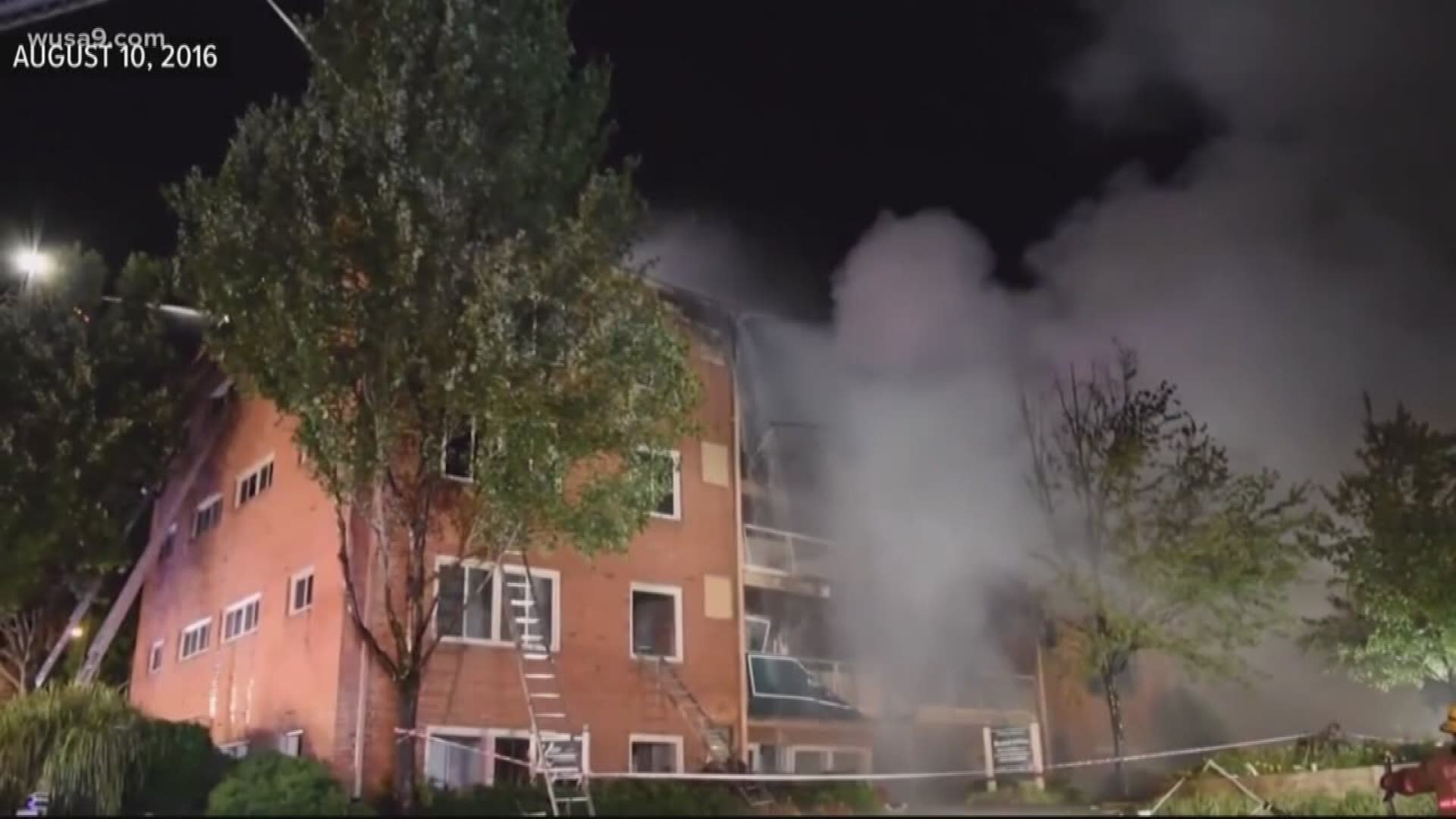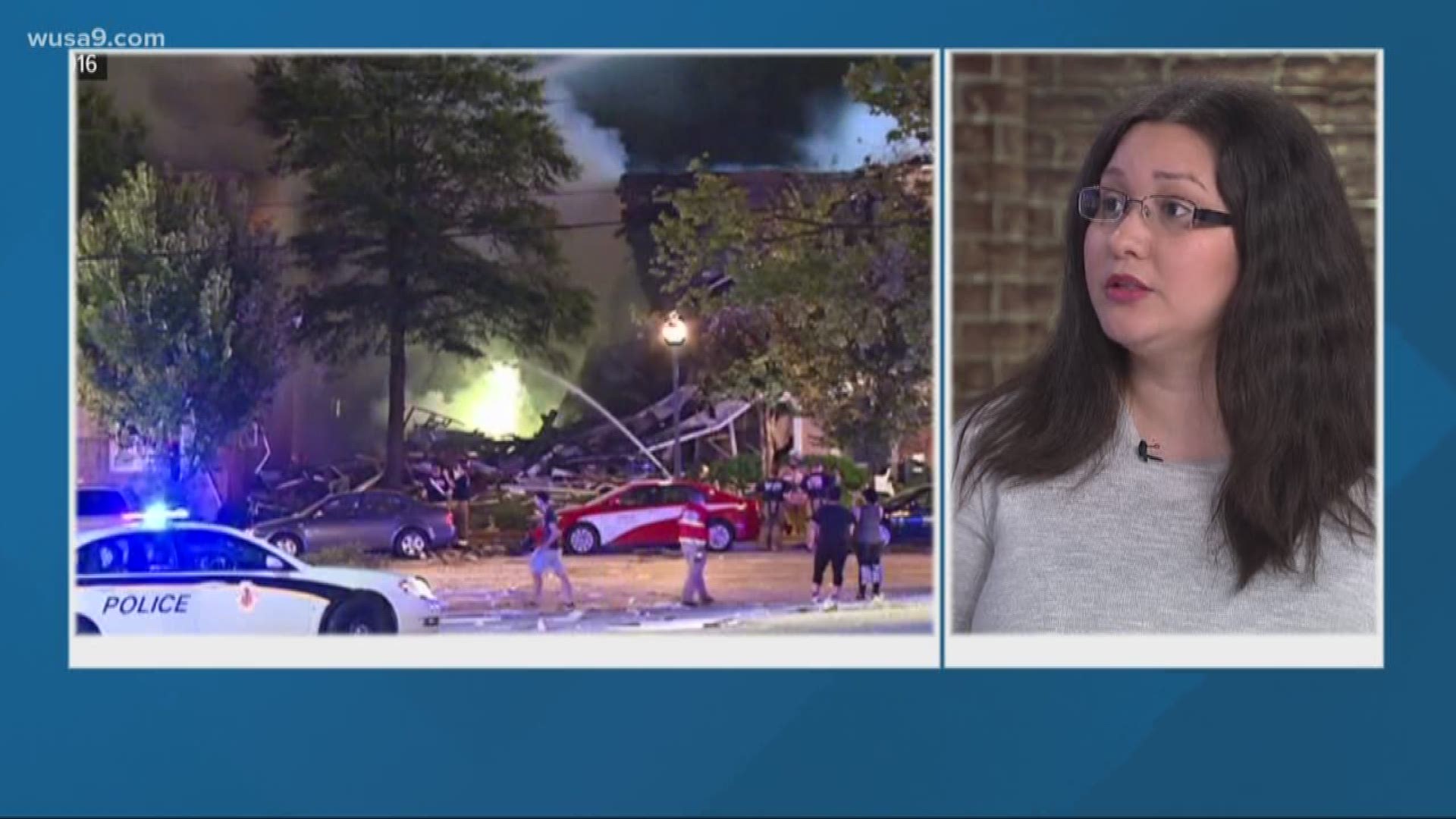SILVER SPRING, Md. — A settlement was reached Tuesday in a lawsuit filed by immigrant advocacy group CASA against Washington Gas, following a 2016 explosion at the Flower Branch Apartments in Silver Spring, Maryland. Seven people were killed, and nearly 70 others were hurt after the natural gas explosion.
A Washington Gas spokesperson confirmed that the settlement had been reached, but did not release details of the settlement.
"We can confirm that the matter has been resolved to the mutual satisfaction of the parties," Bernie Taylor, media relations manager for Washington Gas, said.
CASA also confirmed that the settlement was satisfactory, and said they'd be shifting their focus to preventing similar incidents in the future.
"We are now focused on advocacy before the PSC and the legislature to ensure that this never happens again, and no tenant has to live in these dangerous conditions," Lizette Olmos, communications manager for CASA.
RELATED: Maryland commission to decide if gas company will be fined in deadly 2016 apartment explosion
On Tuesday, The Maryland Public Service Commission (PSC) held a public hearing to determine whether the Commission should impose a civil penalty against Washington Gas.
A National Transportation Safety Board investigation determined the explosion was caused by a piece of equipment called a mercury regulator with a disconnected vent. The faulty part allowed gas to build up in a utility room, which led up to the deadly blast, according to the investigation.
Washington Gas, however, disputes the claim.
Maryland approved more than $500,000 for Washington Gas to replace nearly 67,000 mercury regulators, but the gas company responded saying its plan to fully replace all the parts was stalled by other "high priority safety issues."
Tuesday's PSC meeting was intended to give Washington Gas a chance to explain why all those parts were not replaced or why the money approved for the project was not used, and to allow community members to ask questions.
A PSC spokesperson could not give a timeline for when the Commission would make a decision regarding civil penalties, but pointed out that the comment period will remain open until Jan. 31, 2020. Those wishing to comment can mail written comments to the Commission or file them online.


